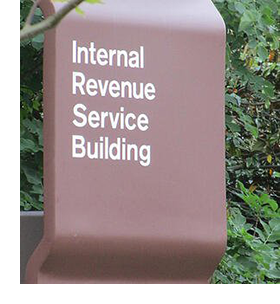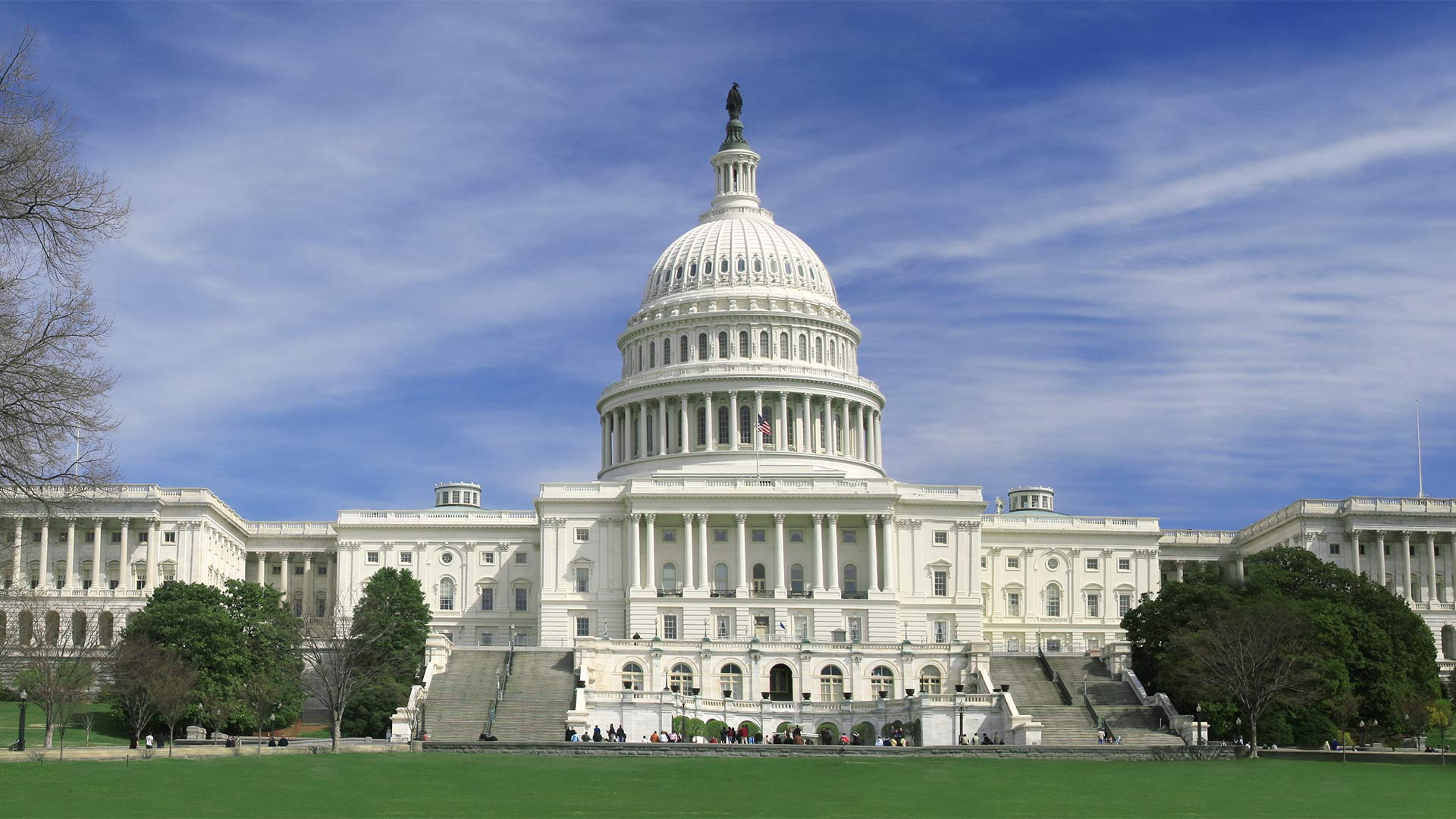Zinner & Co. urges our clients who use Intuit QuickBooks Desktop for Windows to upgrade their one-time purchase license before Dec. 10.
Posts By: Zinner & Co. Tax Team
Ohio JFS Unveils New Insurance Tax System
Zinner & Co. Tax Team Ohio Department of Jobs and Family Services , The SOURCEThe State of Ohio Department of Job and Family Services recently announced a new unemployment insurance tax system will go live in December.
The State of Ohio Unemployment Resource for Claimants and Employers, otherwise known as the SOURCE, will provide users with a friendly, self-service experience, tailored to meet the needs of both claimants and employers.
Electronic Tax Payments: Can Individuals Pay Income Taxes Online?
Zinner & Co. Tax Team Taxes - Corporate & Business , Taxes - Planning, Rules and Returns , Taxes - Individual , tax , taxes , ohio , Online Tax Payment , Digital Tax Payment , Electronic Tax Payments , RITA , U.S. Department of the TreasuryOver the past decade, more people have moved to electronic payments of their monthly bills and expenses.
The days of sitting down and writing checks to pay bills has quickly become a thing of the past. In fact, for many people under the age of 30, they do not know, nor have they ever had a physical checkbook!
Available for the 2020 – 2021 Tax Years
One of the most beneficial and underutilized tax credits introduced as a result of the COVID-19 pandemic relief funds is the Employee Retention Credit (ERC).
To date, our clients have filed and claimed ERC refunds exceeding $2,000,000 under this program. Claims for these refunds are included in the filing of original or amended Federal quarterly payroll tax returns.
IRS Has Restarted the Income Tax Levy Program
Zinner & Co. Tax Team Taxes - Corporate & Business , Taxes - Planning, Rules and Returns , Taxes - Individual , IRSAccording to Accounting Today, the Internal Revenue Service began sending out letters from its Automated Collection System function in June and restarted the income tax levy program in July.
Suspended last year, the IRS tax levy program includes both tax levy and treasury payments.
House Bill 168 and Ohio’s State Unemployment Tax Savings
Zinner & Co. Tax Team Ohio business owners , Taxes - Corporate & Business , Unemployment Benefits , Ohio Department of Jobs and Family ServicesAs small business owners complete the second quarter 2021 filing of their state unemployment tax payments with the Ohio Department of Job and Family Services, they should be aware that tax saving benefits have been preserved for the coming years.
On June 29, Gov. Mike DeWine signed House Bill 168, which appropriates $2.2 billion of the $2.7 billion that Ohio is slated to receive this year under the federally funded American Rescue Plan.
On July 1, Ohio Gov. Mike DeWine signed House Bill 110 into law approving the state’s $72 billion two-year budget.
The biennial budget provides funding for state operations, overhauls K-12 school funding, provides $250 million in broadband support for underserved areas and makes numerous tax policy changes.
One of the more notable tax-related changes involves the municipal income tax and working from home.
For many business owners, the Paycheck Protection Program loan journey is not over when they receive acknowledgement of loan forgiveness from their local lender and from the Small Business Administration. From a tax perspective, the map that lays out the tax impact remains unclear.
During the fourth quarter of 2020, the primary question most business owners and tax professionals grappled with was whether or not the expenses paid using PPP Loan proceeds would be tax deductible and/or whether the loan proceeds were considered taxable income. The uncertainty related to these questions made tax planning for the 2020 calendar year difficult
IRS Sends Out Letters Regarding Monthly Child Tax Credit Payments
Zinner & Co. Tax Team IRS , tax avoidance , Tax Credit , Child Tax Credit , American Rescue Plan ActIn early June, the Internal Revenue Service started sending letters to families about how they may be able to qualify for monthly Child Tax Credit payments.
The letters are going out to families who may be eligible based on information they included in either their 2019 or 2020 tax return or who used the Non-Filers tool on IRS.gov last year to register for an Economic Impact Payment.
The Biden Administration's Proposed Tax Law Changes
Zinner & Co. Tax Team Taxes - Corporate & Business , Taxes - Individual , tax , taxes , income tax , tax avoidanceIn early June, the U.S. Treasury Department released its general explanations of proposed changes to the U.S. tax code.
Please note, the following items have only been proposed. In order to become law, they must pass through both the U.S. House of Representatives and the U.S. Senate.
About Us

Since 1938, Zinner has counseled individuals and businesses from start-up to succession. At Zinner, we strive to ensure we understand your business and recognize threats that could impact your financial situation.
Recent Blog Posts
Categories
- 1031 Exchange (2)
- 401k (2)
- 529 plan (4)
- ABLE Act (1)
- account systems (3)
- accounting (8)
- Affordable Care Act (8)
- alimony (2)
- American Rescue Plan Act (1)
- Ask the Expert (5)
- Audit and Assurance Department (13)
- audits (8)
- Bank Secrecy Act (1)
- banks (1)
- Barbara Theofilos (6)
- Beneficial Ownership Information (1)
- Bitcoin (1)
- block chain (2)
- BOI (3)
- Bookkeeping (1)
- Brett W. Neate (28)
- budgets (1)
- Bureau of Worker's Compensation (12)
- Business - Management, Issues & Concerns (50)
- business income deduction (3)
- business succession (7)
- business travel expense (3)
- business valuation (5)
- capital gains (2)
- careers (7)
- cash flow (2)
- Child Tax Credit (2)
- Chris Valponi (8)
- City of Cleveland (1)
- Cleveland COVID-19 Rapid Response Fund (1)
- Cleveland Rape Crisis Center (2)
- college (3)
- Community (24)
- Compliance (1)
- Coronavirus (24)
- Corporate Transparency Act (1)
- COVID-19 (30)
- Credit card fraud (5)
- credit reporting (2)
- cryptocurrency (2)
- CTA (2)
- cybersecurity (16)
- dead (1)
- DeAnna Alger (6)
- death (2)
- debt (4)
- deductions (14)
- Deferring Tax Payments (4)
- Department of Job and Family Services (2)
- depreciation (1)
- Digital Tax Payment (1)
- divorce (4)
- DOMA (3)
- Economic Impact Payments (2)
- Economic Injury Disaster Loan (4)
- education (8)
- EIDL (1)
- electronic filing (4)
- Electronic Tax Payments (2)
- Emergency Working Capital Program (1)
- employee benefit plan auditor (1)
- Employee Leave (2)
- Employee or Independent Contractor (6)
- Employee Retention Credit (3)
- employment (2)
- ERC (3)
- Eric James (8)
- Estates, Gifts & Trusts (48)
- expenses (5)
- Families First Coronavirus Response Act (2)
- FASB (1)
- FBAR (1)
- FDIC coverage (1)
- Federal Assistance (4)
- filing (3)
- financial planning (8)
- Financial Planning - College (9)
- financing (3)
- Firm news (119)
- first responders (1)
- FMLA (1)
- foreign assets (3)
- fraud (38)
- FSA (1)
- fundraising (9)
- Gabe Adler (1)
- gift tax (5)
- HDHP (2)
- health care (3)
- home (2)
- home office (1)
- Howard Kass (2)
- HRA (1)
- HSA (5)
- identity theft (32)
- income (1)
- income tax (57)
- independent contractor (1)
- Inflation (1)
- Insurance (7)
- internal control (4)
- international (2)
- Intuit (1)
- investments (4)
- IRS (88)
- jobs (5)
- John Husted (1)
- K-1 (1)
- Laura Haines (3)
- Layoff (2)
- Layoffs (1)
- leadership (3)
- lease accounting standards (1)
- life insurance (1)
- LLC (3)
- Loans (2)
- longevity income annuities (1)
- Lorenzo's Dog Training (1)
- Magic of Lights (1)
- management advisory (3)
- manufacturing (2)
- Matt Szydlowski (3)
- medical (7)
- Medicare (2)
- mergers and acquisitions (1)
- Mike DeWine (2)
- Millennial Concepts (2)
- minimum wage (1)
- NAIOP (1)
- National Defense Act (1)
- non-profit reporting (10)
- non-profits (38)
- not-for-profit (26)
- ODJFS (1)
- office (1)
- ohio (13)
- Ohio business owners (18)
- Ohio Department of Jobs and Family Services (3)
- Ohio Department of Taxation (3)
- Ohio Incumbent Workforce Training Voucher Program (1)
- Online Tax Payment (3)
- Operations (2)
- OPERS (1)
- owners of foreign entities (1)
- partnerships (5)
- passwords (1)
- Paycheck Protection Program (9)
- payroll (8)
- penalties (3)
- pension (2)
- personal finance (2)
- planning (4)
- ppp (7)
- Productivity (5)
- Qualified Business Income (1)
- quickbooks (10)
- real estate (14)
- record retention (2)
- records (2)
- Reporting (1)
- Republican National Convention (1)
- Retirement Planning & IRAs (53)
- Richard Huszai, CPA (5)
- RITA (1)
- Robin Baum (6)
- RRF (1)
- S Corporation (1)
- SALT (8)
- SBA (8)
- scams (12)
- SECURE 2.0 Act (1)
- security (6)
- SharedWorks (1)
- Shutdown (3)
- Silver Linings (9)
- simplified employee pension (1)
- Small Business (5)
- SMB (12)
- Social Media (1)
- social security (4)
- Speaker Series (2)
- spouse (1)
- start ups (8)
- Stay at Home Order (3)
- Steven Mnuchin (1)
- Sue Krantz (6)
- SVOG (1)
- tangible property (1)
- tax (27)
- tax avoidance (12)
- Tax Credit (7)
- Tax Cuts and Jobs Act of 2017 (31)
- Tax Exempt (1)
- Tax Holiday (1)
- Tax Interns (2)
- tax services (28)
- taxes (45)
- Taxes - Corporate & Business (104)
- Taxes - Individual (117)
- Taxes - Planning, Rules and Returns (188)
- TechCred (1)
- technology (7)
- The CARES Act (6)
- The SOURCE (1)
- tiag (3)
- transaction advisory (2)
- Treasury Department (5)
- tuition (3)
- U.S. Department of the Treasury (1)
- U.S. Small Business Administration (6)
- Unclaimed Funds (1)
- Unemployment Benefits (4)
- withdrawls (2)
- withholding (6)
- Workers Comp Billing Changes (1)
- Zinner & Co. (32)
- Zinner News (30)










